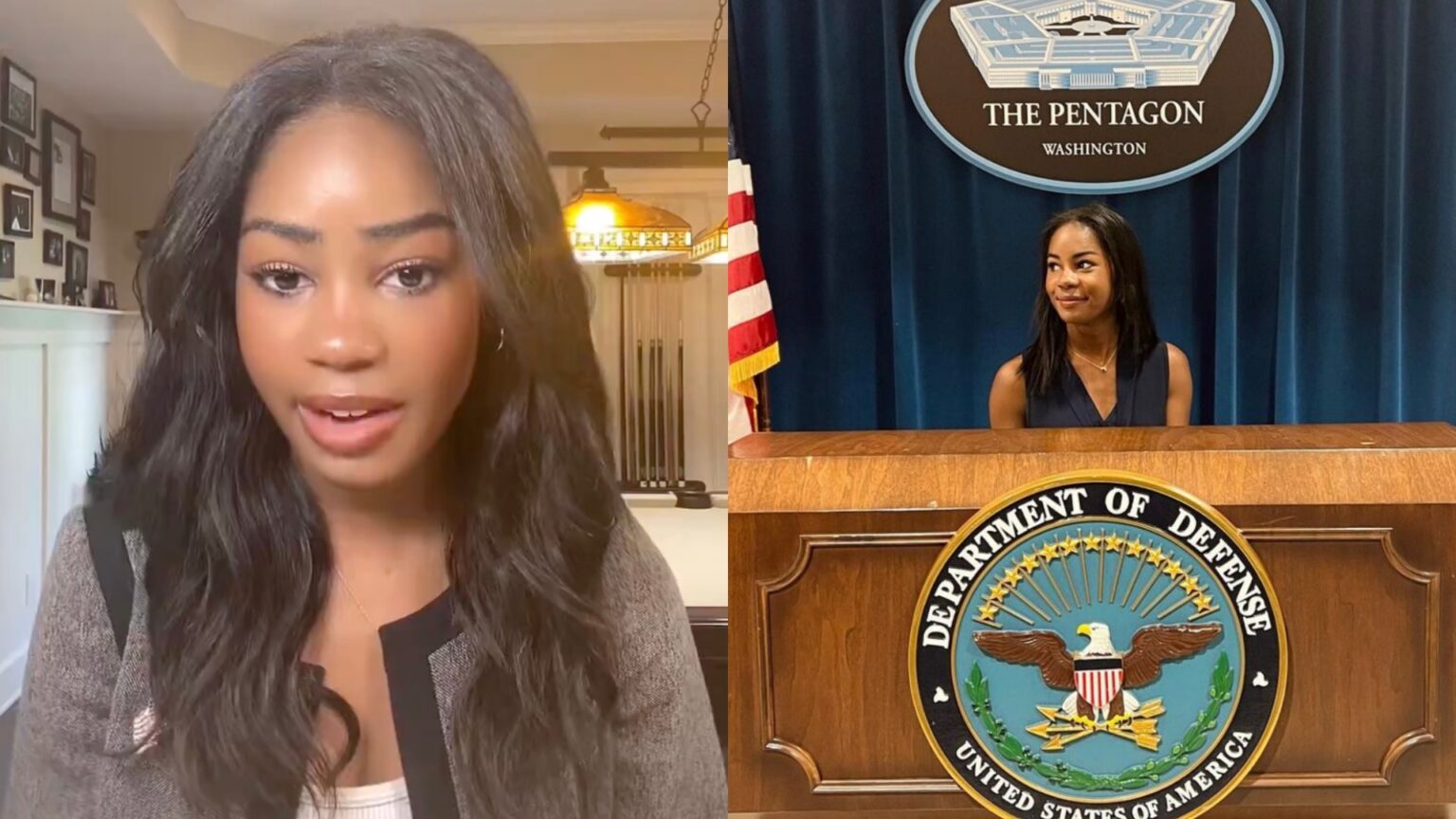Audrey McNeal, a 22-year-old who has served as a delegate for the Democratic National Convention (DNC) in both 2020 and 2024, has publicly announced her endorsement of Donald Trump for President. This unexpected shift in her political allegiance arose after she attended a rally in Atlanta, where she felt a strong sense of a “true movement of freedom and constitutional values.” McNeal’s decision was driven by her perception that the Democratic Party has strayed from its foundational principles regarding fundamental American freedoms. In a viral video, she articulated this pivotal moment, recounting her years of dedication to the Democratic Party, which included being one of the youngest delegates in DNC history.
Reflecting on her experiences, McNeal noted her intention to attend the DNC to seek answers on prominent issues like free speech, immigration, and economic policies. However, after engaging with the party, she concluded that it no longer represented the values she believed in, particularly regarding civil liberties and transparency. Citing a quote from Patrick Henry about the essential nature of transparency in governance, McNeal expressed her disillusionment with the DNC’s leadership and their decision-making processes. She specifically criticized the lack of accountability behind the nomination of Kamala Harris as the party’s candidate, claiming it effectively disenfranchised millions of voters, thus compelling her to reject her past affiliation with the party.
In revealing her new political stance, McNeal officially declared her allegiance to the Republican Party as a constitutional conservative. She emphasized the importance of protecting individual freedoms outlined in the First and Second Amendments. Her announcement resonated widely, particularly among those who feel similarly disenchanted with the Democratic establishment. By openly endorsing Trump, McNeal aligns herself with a movement that prioritizes what she describes as core American values and liberties. As someone who has actively engaged with the DNC, her shift highlights a larger trend of disillusionment among young Democrats.
This growing discontent is echoed in the experiences of others, such as a former Obama intern named Evan, who also vocalized her disillusionment with the Democratic Party after attending the recent DNC. Having supported Joe Biden in the previous election, Evan hoped to rekindle her faith in the party by volunteering at the convention. However, her expectations were shattered when she encountered an elite atmosphere that felt disconnected from the everyday realities faced by average Americans. She described it as an event where party officials seemed more interested in throwing a celebratory gathering than addressing the pressing challenges facing their constituents.
Evan’s sentiments reflect a significant gap between the Democratic leadership and the grassroots realities experienced by many struggling Americans. She highlighted a sense of alienation as she recognized a disconnect between the party’s narrative and the needs of everyday people in her home region, the Midwest. This stark realization underscores a broader disenfranchisement among voters who desire genuine engagement and genuine solutions to the issues impacting their lives, like rising costs and economic insecurity.
In conclusion, both McNeal’s and Evan’s experiences signify a critical moment for the Democratic Party as they navigate a landscape increasingly marked by voter discontent and realigning political identities. While McNeal’s switch to the Republican Party embodies a personal transformation influenced by a perceived lack of transparency and connection within the DNC, Evan’s reflections underline the frustrations felt by many who see the party as increasingly out of touch. As the 2024 election approaches, both of these narratives hint at a clash of ideologies and the urgent need for political parties to remain attuned to the voices and struggles of their constituents.

